Comprehensive Guide to Water Treatment Plants in Bangladesh – Importance, Process, and Best Solutions
Introduction: The Growing Need for Water Treatment Plants in Bangladesh
- Overview of Water Scarcity and Pollution Issues:
- Discuss Bangladesh’s challenges with water scarcity and pollution due to rapid urbanization, industrialization, and contamination of natural water sources.
- Highlight how Water Treatment Plants (WTPs) play a vital role in ensuring safe water for residential, industrial, and commercial use.
- Role of WTPs in Water Quality Improvement:
- Briefly introduce the importance of WTPs for removing harmful contaminants, heavy metals, and pathogens, making water safe for use.
- Best Water BD as a Trusted Provider:
- Position Best Water BD as a leading provider of efficient, high-quality Water Treatment Plants designed specifically for Bangladesh’s unique needs.
1. What is a Water Treatment Plant (WTP)?
- Definition and Purpose:
- Explain what a Water Treatment Plant is and its primary purpose—to purify water by removing contaminants and making it safe for use.
- Key Functions of a WTP:
- Removal of physical, chemical, and biological contaminants.
- Balancing water quality to meet safety standards for drinking, industrial, and environmental applications.
- Types of Water Treatment Plants:
- Municipal WTPs: Large-scale plants supplying cities with potable water.
- Industrial WTPs: Custom solutions for industries requiring purified water for manufacturing or waste treatment.
- Residential WTPs: Smaller-scale units for residential complexes or community water systems.
2. Importance of Water Treatment Plants in Bangladesh
- Addressing Health and Environmental Challenges:
- Discuss the risks associated with contaminated water: diseases, pollution, and adverse health effects.
- Benefits of WTPs in reducing disease and supporting public health.
- Industrial Demand for Clean Water:
- Describe the critical role of WTPs in supporting industries (e.g., textiles, pharmaceuticals, agriculture) that require clean water to maintain quality standards and avoid production delays.
- Sustainable Water Management:
- How WTPs help in recycling and reusing water, conserving Bangladesh’s precious water resources.
3. Key Processes in a Water Treatment Plant
- Coagulation and Flocculation:
- Explain how chemicals are added to water to bind contaminants, forming larger particles (floc) that are easier to filter out.
- Sedimentation:
- The process of letting floc settle to the bottom, separating clean water from sediment.
- Filtration:
- Detail the filtration process, including sand, carbon, and membrane filtration, to remove remaining particles and impurities.
- Disinfection:
- Explain disinfection methods like chlorine, ozone, or UV treatment to kill bacteria, viruses, and pathogens.
- Advanced Treatment (RO, UV, and Ultrafiltration):
- Describe how advanced methods (e.g., Reverse Osmosis and Ultrafiltration) remove dissolved minerals, heavy metals, and contaminants not caught in basic filtration.
4. Types of Water Treatment Technologies in Bangladesh
- Reverse Osmosis (RO) Systems:
- Effective for high TDS (Total Dissolved Solids) and mineral removal.
- Commonly used in both residential and industrial WTPs.
- Ultrafiltration (UF) Systems:
- Cost-effective and efficient for areas with less mineral-heavy water.
- Ideal for households and small communities.
- UV Purification Systems:
- Quick and chemical-free disinfection, suitable for eliminating biological contaminants.
- Multi-Stage WTP Solutions:
- Explain the benefits of using multi-stage plants (combining RO, UF, and UV) for comprehensive purification and flexibility.
5. Choosing the Right Water Treatment Plant in Bangladesh
- Assessing Water Source and Contamination Level:
- Guide users on how to determine contamination levels (e.g., TDS, pathogens) based on water source (groundwater, river, etc.).
- Purpose and Water Demand:
- Different plants for residential, commercial, or industrial applications.
- Higher-capacity plants for large-scale usage vs. compact units for smaller communities.
- Environmental and Maintenance Considerations:
- Discuss sustainable features and maintenance factors (e.g., filter replacements, energy consumption) that buyers should consider.
- Budget and Long-Term Cost Efficiency:
- Balancing upfront investment with long-term operational costs.
- Highlight Best Water BD’s affordable and durable options to meet various budgets and needs.
6. Benefits of Installing a Water Treatment Plant from Best Water BD
- Ensuring Clean and Safe Water for Healthier Communities:
- How WTPs significantly reduce risks of waterborne diseases, benefiting overall public health.
- Enhanced Industrial Efficiency and Product Quality:
- Benefits of purified water for improving industrial processes, product quality, and equipment lifespan.
- Environmentally Friendly and Sustainable Solution:
- Reduced environmental impact through water recycling, lower plastic usage, and less water wastage.
- Long-Term Cost Savings:
- Reduced costs compared to buying bottled water or outsourcing water purification services.
- Reliability and Quality Assurance with Best Water BD:
- Emphasize Best Water BD’s commitment to quality, certified solutions, and reliable after-sales support.
7. Common Industries Benefiting from Water Treatment Plants in Bangladesh
- Textile and Garment Industry:
- Explain the need for purified water in dyeing and washing processes to maintain fabric quality.
- Pharmaceutical and Medical Industries:
- Importance of clean water for drug production and sterile environments.
- Agriculture:
- How treated water benefits crop irrigation and animal farming.
- Food and Beverage Industry:
- Safe, purified water for maintaining hygiene and product quality standards.
8. Best Water BD’s Water Treatment Plant Solutions
- Customized Solutions for Diverse Needs:
- Describe Best Water BD’s ability to customize WTPs for different applications, whether residential, commercial, or industrial.
- State-of-the-Art Technologies and High-Quality Components:
- Use of cutting-edge technology and durable materials to ensure the longevity and efficiency of the WTPs.
- Comprehensive Support and After-Sales Service:
- Importance of professional installation, maintenance, and technical support available from Best Water BD.
- Customer Success Stories:
- Mention testimonials or case studies of satisfied clients in various sectors benefiting from Best Water BD’s WTPs.
9. Steps to Install a Water Treatment Plant with Best Water BD
- Initial Assessment and Consultation:
- Importance of site evaluation and understanding client needs.
- Customized Design and Quotation:
- Explain the process of designing a tailored WTP based on specific requirements.
- Installation and Setup:
- Emphasize the seamless installation process, conducted by experienced technicians.
- Testing and Quality Assurance:
- Highlight the rigorous testing of WTPs to ensure compliance with water quality standards.
- Maintenance and Support Services:
- Describe ongoing support, including regular maintenance and filter replacements for optimal operation.



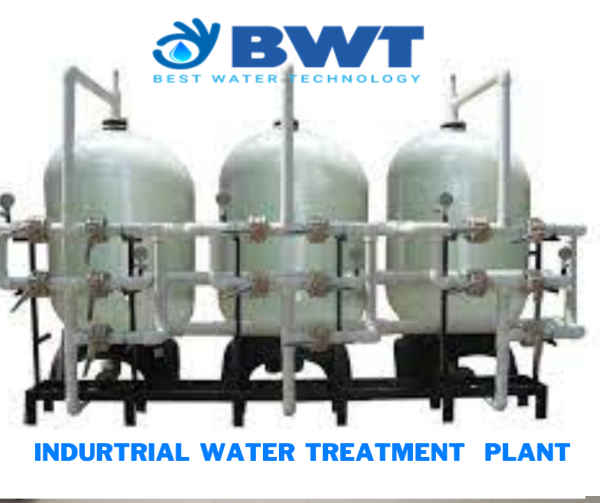


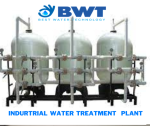
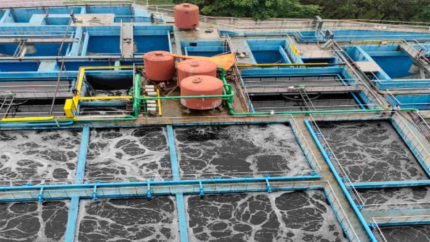
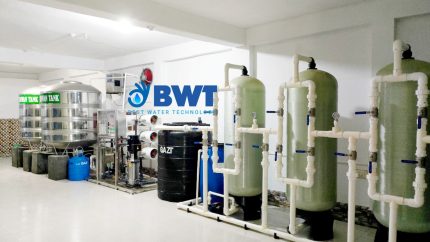
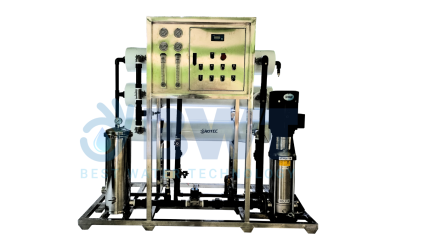
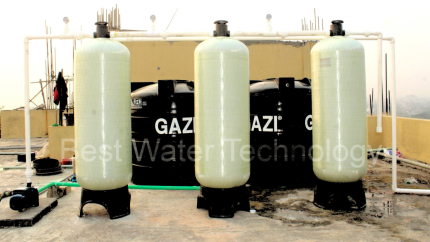
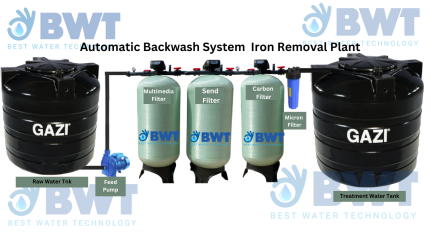
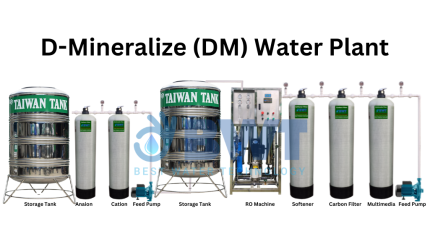
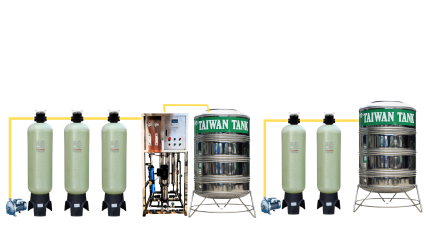
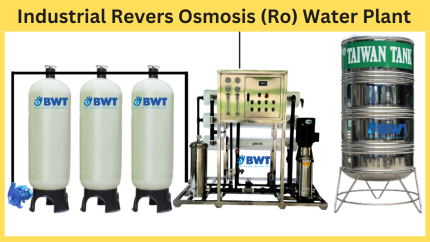
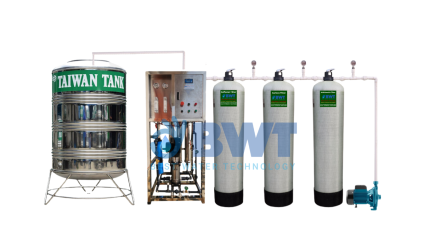
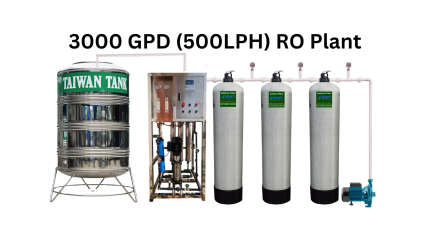
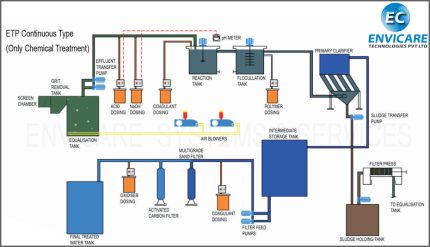
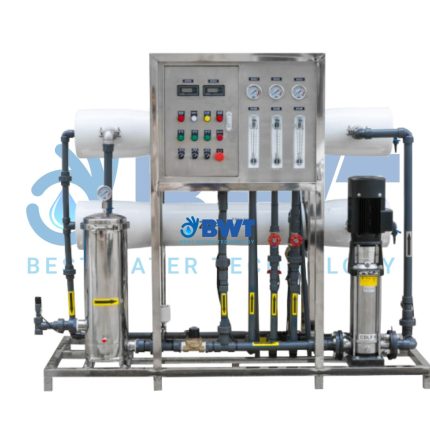
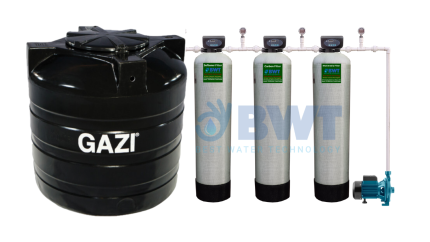
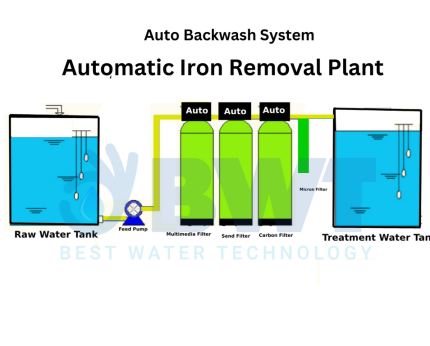





Reviews
There are no reviews yet.